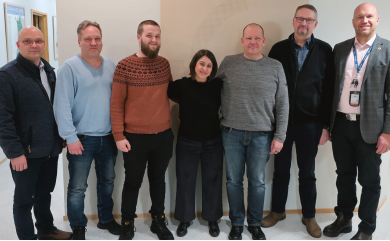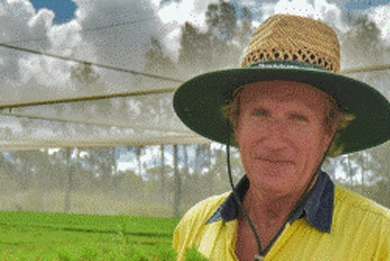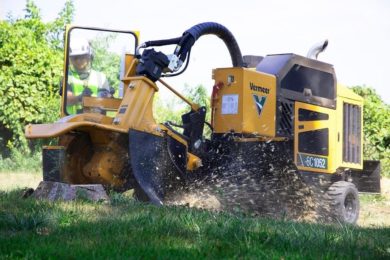Fourteen states have been selected as the first developing country members of an innovative partnership and international financing mechanism to combat tropical deforestation and climate change. The 14 developing countries include six in Africa (the Democratic Republic of Congo, Gabon, Ghana, Kenya, Liberia, Madagascar); five in Latin America (Bolivia, Costa Rica, Guyana, Mexico, Panama); and three in Asia (Nepal, Lao PDR, and Vietnam). They will receive initial funding from the Forest Carbon Partnership Facility (FCPF), an innovative approach to financing efforts to combat climate change.
The FCPF aims to reduce deforestation and forest degradation by compensating developing countries for greenhouse gas emission reductions. The partnership, approved by the World Bank Board of Executive Directors on September 25, 2007, became functionally operational on June 25, 2008. The 14 tropical and sub-tropical countries will receive grant support as they build their capacity for REDD and tap into future systems of positive incentives for REDD. The decision about which countries will receive initial funding came at a two-day meeting in Paris of the FCPF Steering Committee. The committee was made up of an equal number of developing and industrialised countries, plus observers from international organisations, NGOs, and forest-dependent indigenous peoples and other forest dwellers. The committee was assisted in its decision by an independent Technical Advisory Panel comprised of experts in different technical fields and different regions of the world. “Deforestation and forest degradation together are the second leading man-made cause of global warming,” said Joëlle Chassard, Manager of the World Bank’s Carbon Finance Unit. “They are responsible for about 20% of global greenhouse gas emissions, and the main source of national emissions in many developing countries. For that reason, we have been eager to initiate this partnership and assist countries while building a body of knowledge on how best to reduce greenhouse gas emissions by protecting forests and helping the people who benefit from them.” Each of the nine industrialised countries that formalized their participation in the partnership was present at the Paris meeting.
These countries are Australia, Finland, France (the French Development Agency), Japan, Norway, Spain, Switzerland, the UK and the USA. Together, they have committed to contribute about $82 million to the FCPF. More contributions from the public and private sector are expected in the coming months. “The FCPF is an important mechanism for giving effect to what was agreed at the Bali climate change meetings in 2007 – that donors and developing countries should work together to trial approaches to reducing emissions from deforestation and forest degradation,” said Robin Davies, Assistant Director General, Sustainable Development Group, AusAID, representing Australia, the first donor to the facility. “The selection of this initial group of developing country partners is an important first step in improving global understanding of ways to reduce forest carbon emissions and lift forest-dependent communities out of poverty.” The grant money being provided to the first 14 developing countries in the FCPF will help them to prepare for future systems of positive incentives for REDD, in particular by establishing emissions reference levels, adopting REDD strategies, and designing monitoring systems.
Developing countries have expressed a strong interest in participating in the FCPF and it is expected that more countries will receive support in the coming months. “The FCPF has created a true partnership,” said Gisela Ulloa, National Clean Development Office NCDO Coordinator in Bolivia, “where developing countries and developed countries, alongside the World Bank, are working in a transparent and participative way to learn and support each other in the readiness process for REDD. Selection into the program will now allow Bolivia to build its capacity to undertake actions to slow deforestation and to become an early actor in the emerging market for REDD. By joining with other tropical nations and potential carbon market actors, we expect our pace of learning, preparation, and action to address climate change to be faster and better focused on the conditions and needs of our country.” At their meeting last December in Bali, the Parties to the UN Framework Convention on Climate Change agreed to start demonstration activities on REDD. The FCPF, which was announced by the World Bank at the Bali Conference, will help to finance some of these demonstration activities.






